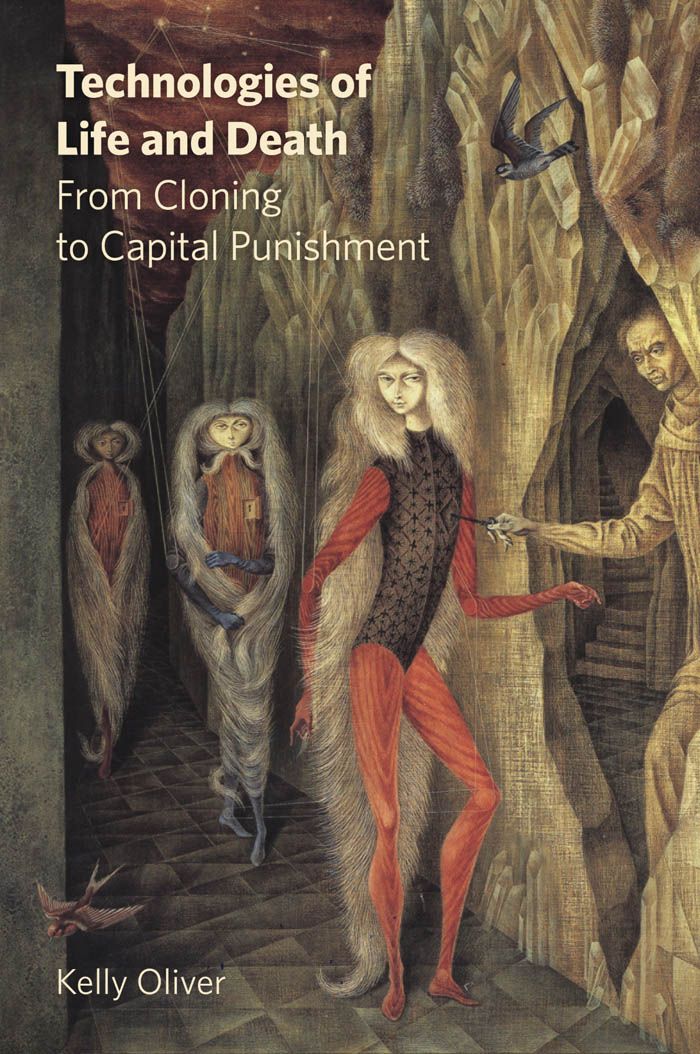Technologies of Life and Death
From Cloning to Capital Punishment

This book can be opened with

The central aim of this book is to approach contemporary problems raised by technologies of life and death as ethical issues that call for a more nuanced approach than mainstream philosophy can provide. To do so, it draws on the recently published seminars of Jacques Derrida to analyze the extremes of birth and dying insofar as they are mediated by technologies of life and death. With an eye to reproductive technologies, it shows how a deconstructive approach can change the very terms of contemporary debates over technologies of life and death, from cloning to surrogate motherhood to capital punishment, particularly insofar as most current discussions assume some notion of a liberal individual.
The ethical stakes in these debates are never far from political concerns such as enfranchisement, citizenship, oppression, racism, sexism, and the public policies that normalize them. Technologies of Life and Death thus provides pointers for rethinking dominant philosophical and popular assumptions about nature and nurture,chance and necessity, masculine and feminine, human and animal, and what it means to be a mother or a father.
In part, the book seeks to disarticulate a tension between ethics and politics that runs through these issues in order to suggest a more ethical politics by turning the force of sovereign violence back against itself. In the end, it proposes that deconstructive ethics with a psychoanalytic supplement can provide a corrective for moral codes and political clichés that turn us into mere answering machines.
“In Technologies of Life and Death Kelly Oliver addresses some of the most intractable ethical issues of our day. The relevance of continental philosophy in general and of Derridean deconstruction in particular has rarely been demonstrated with such lucidity.”——Robert Bernasconi, Penn State University
“In this creative, fascinating, witty, and remarkably fearless book, Oliver takes on the most important questions of human existence (including the meaning of birth and death and the limits of the human) and reframes them for us in thought-provoking ways.”——Elissa Marder, Emory University

